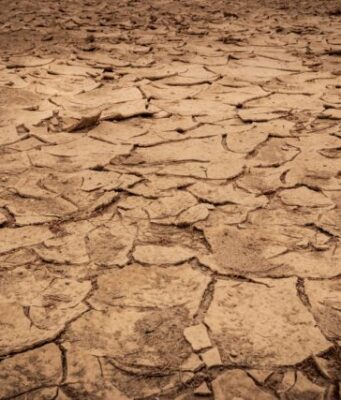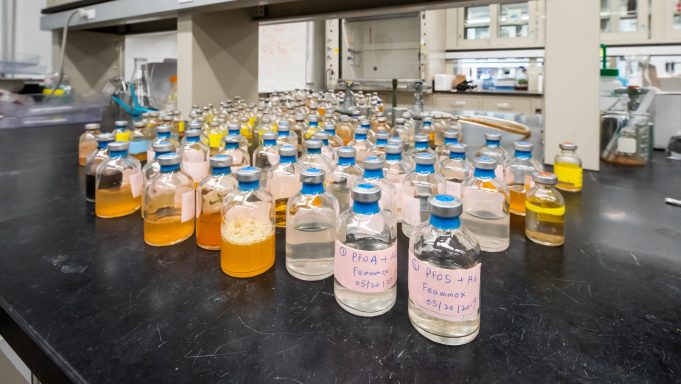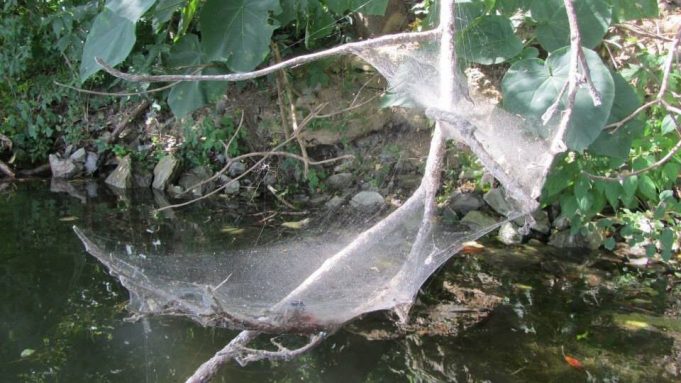A preventive treatment developed by Stanford researchers could greatly reduce the incidence and severity of wildfires. The approach, outlined Sept. 30 in Proceedings of the National Academy of Sciences, involves an environmentally benign gel-like fluid that helps common wildland fire...
Most of the plastic bottles washing up on the rocky shores of Inaccessible Island, aptly named for its sheer cliffs rising from the middle of the South Atlantic, probably come from Chinese merchant ships, a study published Monday said.
The...
Many people are trying to reduce their plastic use, but some tea manufacturers are moving in the opposite direction: replacing traditional paper teabags with plastic ones. Now, researchers reporting in ACS' Environmental Science & Technology have discovered that a soothing cup...
As a growing population and climate change threaten food security, researchers around the world are working to overcome the challenges that threaten the dietary needs of humans and livestock. A pair of scientists is now making the case that...
In a series of lab tests, a relatively common soil bacterium has demonstrated its ability to break down the difficult-to-remove class of pollutants called PFAS, researchers at Princeton University said.
The bacterium, Acidimicrobium bacterium A6, removed 60% of PFAS _specifically...
The same chemicals responsible for the pungent smell of a cannabis plant may also contribute to air pollution on a much larger scale, according to new research from the Desert Research Institute (DRI) and the Washoe County Health District...
Toughening the federal standard for arsenic in 2001 has led to fewer violations by the public systems that supply more than 80 percent of the United States' drinking water, research led by Oregon State University shows.
Researchers found that despite...
The amount of plastic fragments in Santa Barbara Basin sediments has been increasing exponentially since the end of World War II, according to a study by researchers from Scripps Institution of Oceanography at the University of California San Diego.
The...
Researchers at McMaster University who rush in after storms to study the behaviour of spiders have found that extreme weather events such as tropical cyclones may have an evolutionary impact on populations living in storm-prone regions, where aggressive spiders...
About 35 million years ago, an asteroid hit the ocean off the East Coast of North America. Its impact formed a 25-mile diameter crater that now lies buried beneath the Chesapeake Bay, an estuary in Virginia and Maryland. From...
Wind erosion has been ruled out as the primary cause of methane gas release on Mars, Newcastle University academics have shown.
Methane can be produced over time through both geological and biological routes and since its first detection in the...


















